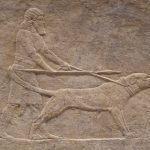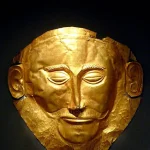Artemis of Ephesus
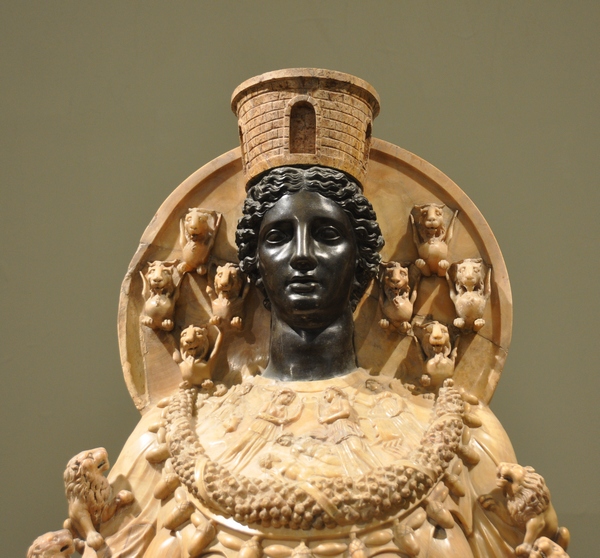
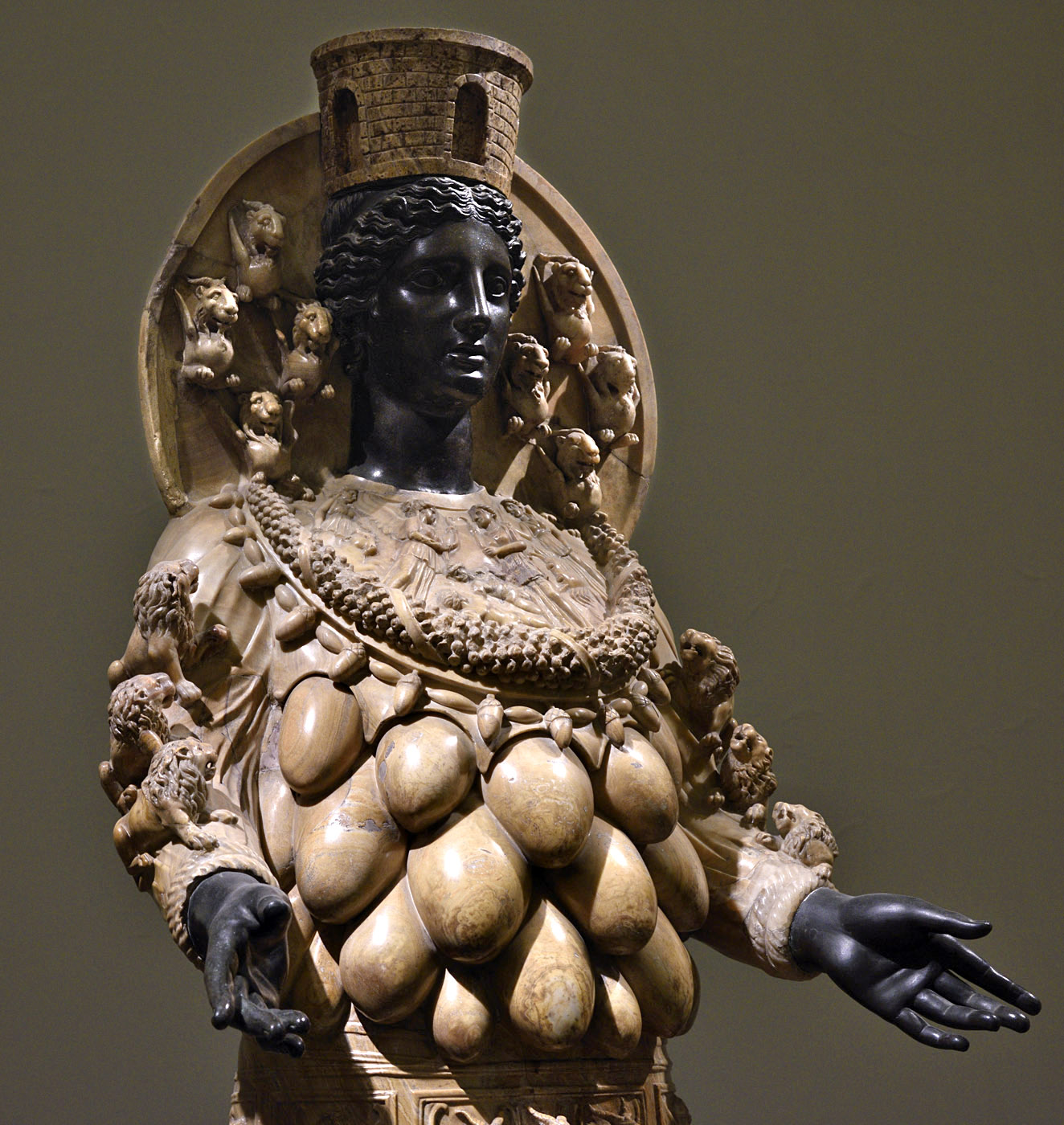
Artemis of Ephesus was the central deity of the ancient city of Ephesus, in modern-day Turkey, and one of the most widely venerated goddesses of the ancient Mediterranean world. Unlike the Greek goddess Artemis, who was associated with hunting and the wilderness, the Ephesian Artemis embodied fertility, abundance, and protection.
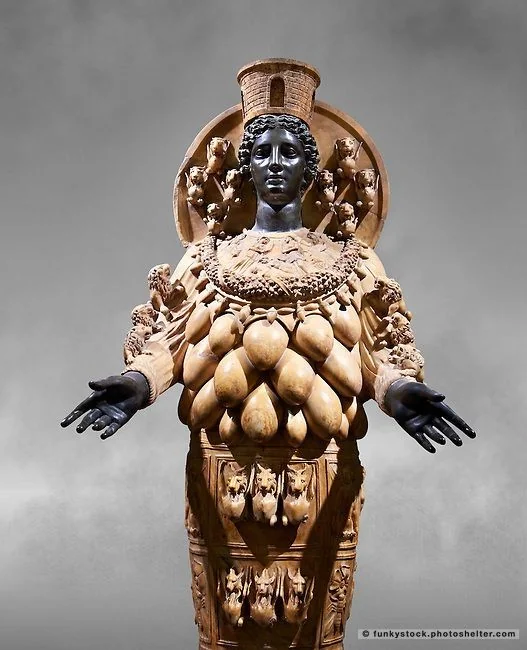
Her cult statue, richly adorned with multiple rows of symbolic features often interpreted as breasts, eggs, or bull testicles, emphasized her role as a mother goddess and nurturer of life.

The grand Temple of Artemis at Ephesus, considered one of the Seven Wonders of the Ancient World, was dedicated to her worship and attracted pilgrims from across the region. As a powerful symbol of prosperity and divine guardianship, Artemis of Ephesus played a central role in the spiritual and cultural identity of the city.


